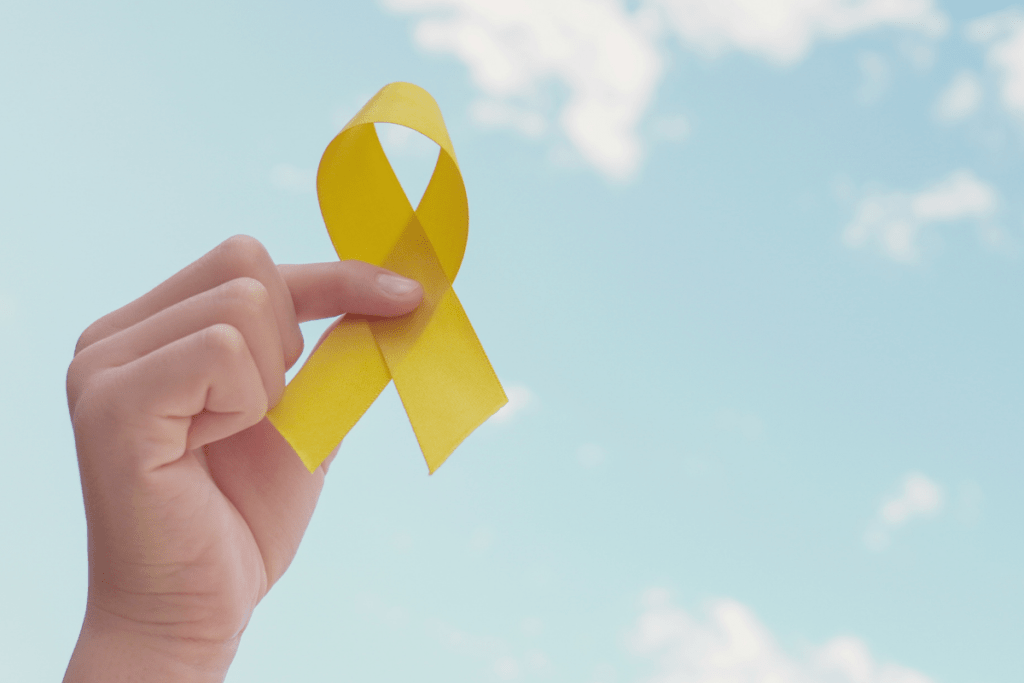
Suicide Prevention is Everyone’s Business
Most of us have been touched by the tragedy of suicide. We may have lost someone close to us or been moved by the loss of someone we may have never met. When a suicide happens, those left behind often experience deep shock. Even if they knew the person was struggling, they may not have expected suicide would be the result. However, many people who find themselves in a suicide crisis can and do recover.
Sadly, in the State of Oregon, on average, one person dies by suicide every 10 hours. Suicide is the leading cause of death for people ages 10-24, the 2nd leading cause of death for people ages 25-34 and the 3rd leading cause of death for please ages 35-44. More than five times as many people died by suicide in Oregon in 2018 then alcohol related vehicle accidents. *
Since early 2019, Community Counseling Solutions has been working with the Zero Suicide Institute to help guide us in a system-wide transformational change toward safer suicide care for the people we serve. The foundational belief of Zero Suicide is that every death from suicide for individuals in care is preventable. This framework moves away from a fragmented care system to a more to a holistic and comprehensive approach that will enhance and expand suicide prevention and intervention strategies designed to raise awareness of suicide and improve care and outcomes for our clients. But, we cannot do this alone. Suicide prevention is everyone’s business. You can help by taking the following actions if you think someone maybe be suicidal:
• Know the Signs: Most people who are considering suicide show some warning signs or signals of their intentions.
– Talking about death or wanting to die
– Talking about feelings of emptiness, hopelessness or having no way out of a problem
– Saying goodbye to friends and family
– Giving away personal items and wrapping up loose ends
Learn to recognize these warning signs and how to respond to them by visiting the Know the Signs web site https://www.suicideispreventable.org/
• Find the Words: If you are concerned about someone, ask them directly if they are thinking about suicide. This can be difficult to do but being direct provides an opportunity for them to open up and talk about their distress. Asking someone if they are thinking about suicide will NOT suggest the idea to them if they aren’t thinking about it.
• Reach Out: You are not alone in this. Before having the conversation, become familiar with some resources to offer to the person you are concerned about.
Help is available
The Suicide Prevention Lifeline (1-800-273-8255- TALK) offers 24/7 free and confidential assistance from trained counselors. Callers are connected to the nearest available crisis center. The Lifeline is also available in Spanish, and for veterans or for those concerned about a veteran, by selecting a prompt to be connected to counselors specifically trained to support veterans.
Community Counseling Solutions has a qualified mental health professional on call 24/7 to respond to crisis calls. If you are having a mental health crisis or want to help someone who is, please do the following:
– Call 9-1-1 and tell the dispatch operator that you need to speak to the on-call crisis worker. They will ask you some basic information (your name, location and the number to reach you on)
– The crisis worker will call you right back at the number you provided.
*Oregon Suicide Facts and Figures provide by American Foundation for Suicide Prevention
Lisa Wiegum, Community Counseling Solutions
